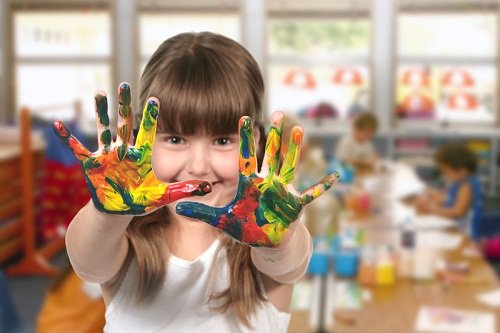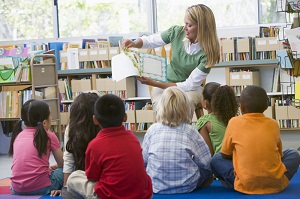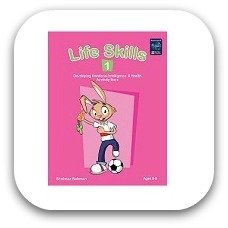Preparing For Kindergarten
By Shahnaz Bahman
Your child’s first day at school doesn’t have to be traumatic. Here are some tips for preparing for kindergarten, to help make the “big day” go smoothly.

Build independence
Using the toilet independently, tying shoes, eating unassisted and collecting toys after playing are all useful skills which can be taught at home. They can greatly boost your child’s self confidence as they receive recognition for being able to do things independently. This is one of the first steps for preparing for kindergarten.
Encourage social interaction
Children spend most their time with family are more likely to suffer from separation discomfort. Get your child used to being around people they’re not familiar with. They can visit the houses of friends that you trust, or you can take them to
playgroups where they can mix with other children. Maximising children’s exposure to others will help them become more secure.

Establish routines
Get your child into the habit of
sleeping and waking up early before school starts. Children who don’t
get enough sleep can become cranky. Other routines include having set
mealtimes and establishing a positive conversation about an exciting day
to come.
Be enthusiastic
Make sure you have
positive emotions about the idea of your child going to school. If you
worry about your child then, subconsciously, you’ll transfer your
negative emotions onto them. Being excited, smiling and letting them
know that they are going to have a great time goes a long way towards
dispelling negative emotions.

Familiarise your child
Getting
your child familiar with the school building, classroom and teacher
will assist them in feeling less alienated. Preparing for kindergarten
can include meeting other classmates to establish positive relationships
before school starts. This can help your child feel less lonely on
their first day of school.
Make getting ready fun
Get
your little one excited about the big day. Go shopping together to buy
all the essential school items such as a new uniform, a pair of shoes, a
lunch box and a bag. Letting them choose will make them feel important
and gear them up for the big day.

Read to your child
Get
your child into the habit of sitting and listening to you while you
read a story for them. Children who are used to this are usually more
attentive when the teacher reads to them.
Create an aptitude for learning
Associate
the concept of going to school with fun and learning. Play games with
your child and let them learn new things, concepts or words. When your
child comes home from school, talk about their day and praise them for
positive learning experiences and even, perhaps, teaching you something
new.
Teach empathy
Prepare your children for
school by modelling empathy to your children. For example, when your
child is feeling unhappy acknowledge that feeling, show that you can
understand how they feel, then try to ask how you can help them.
Empathic children are usually more popular and build stronger social
relationships because they are caring and other children feel good
around them.
Play school
Take it in turns
having fun role-playing being the teacher and the pupil. If possible,
involve other children so you can have a little classroom. Through play,
children can have a sense of what a classroom feels like and what is
expected of them.
|
|



